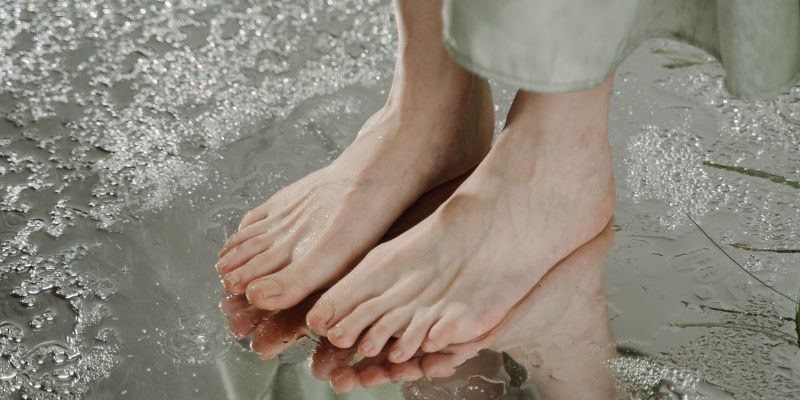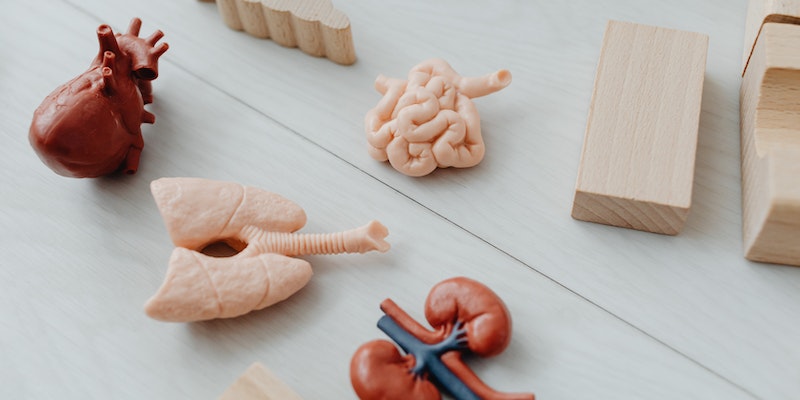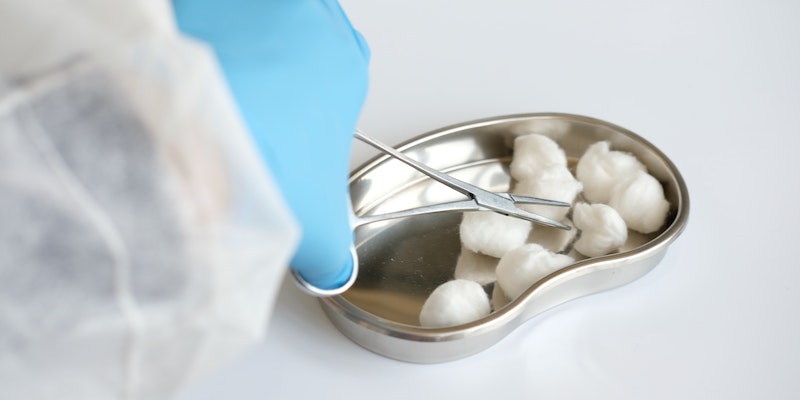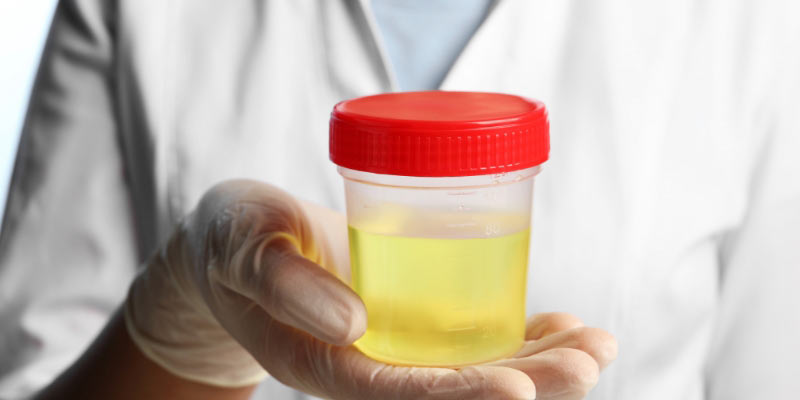
Our urine's appearance may reveal our wellness. Pee is usually clear or light yellow, but cloudy pee is concerning. This detailed essay will discuss seven significant reasons for urine cloudiness and the necessity to know what's behind this strange sight.
Understanding urine's appearance is essential to identifying health concerns. Healthy urine is clear or slightly yellow, indicating hydration and waste removal. Cloudy urine may indicate a urinary system or body issue. Cloudiness doesn't usually mean a severe illness, but it should be investigated to rule out health issues.
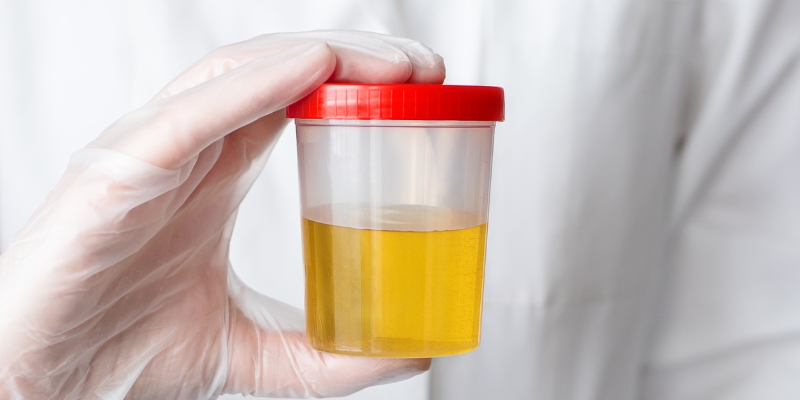
Normal Urine Appearance:
Before investigating cloudiness, you must define normal urine. Healthy urine is clean or slightly yellow owing to urochrome. This clarity suggests that the pee is well-diluted and clean. Hydration, food, and health affect urine color and clarity. Changes in urine color or cloudiness may suggest a problem.
Staying hydrated helps preserve urine clarity. Adequate fluid intake dilutes urine, lowering cloudiness. Infections, food, drugs, and other conditions might alter its clarity. Understanding these factors is crucial for urinary health monitoring and maintenance.
Dehydration:
Preventing cloudiness from dehydration is simple: drink enough water daily. The Institute of Medicine advises women to drink 91 ounces (2.7 liters) and males 125 ounces (3.7 liters) daily. Climate, activity level, and demands may need adjustments. Drinking adequate water helps prevent dehydration-related cloudiness in urine. Lack of fluids concentrates urine, making it murky. Dehydrated people may have darker urine, dry mouth, thirst, and infrequent urination.
Infections:
UTIs are known for cloudy urine. Bacteria cause bladder infections, irritation, and murky urine. UTI symptoms include frequent urination, burning, and pain. They may affect the bladder, kidneys, or urinary tract.
Other infections may cause murky urine besides UTIs. Infections caused by bacteria in the kidneys may produce murky urine. STIs like gonorrhea and chlamydia may also produce murky urine. Medicine must be used quickly to remove infections and restore urine clarity.
Diet and Food Intake:
Diet affects urine appearance. Cloudiness might result from certain meals and drinks. Dairy and meat rich in phosphate might cause murky urine. Beets, blackberries, and asparagus may obscure or darken urine. These dietary alterations are usually innocuous and resolve as the body processes the drugs.
These dietary components may cause murky urine. However, they are usually harmless. Having murky urine after eating certain meals or drinks is generally transient and not a reason for worry. See a doctor if murky urine continues or is accompanied by other symptoms.
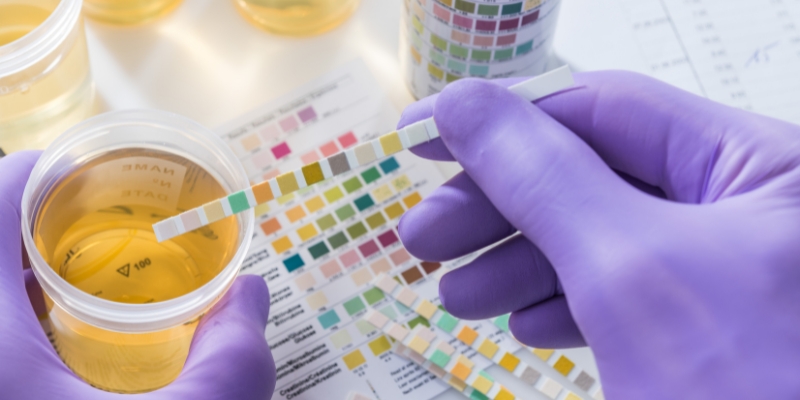
Medications and Supplements:
New drugs or supplements may cause cloudy urine. Antibiotics and multivitamins may change urine color and clarity. Extra vitamins, particularly vitamin C, may darken urine. Most medication-related changes are innocuous, but if you feel a medicine is causing the problem, visit your doctor.
Tell your doctor about all your prescriptions and supplements to detect hazy urine. They may assess your pharmaceutical regimen and recommend changes. If murky urine continues or is accompanied by other symptoms, additional testing may be required to rule out medical issues.
Medical Conditions:
Some medical problems cause murky urine. Kidney stones and urinary stones or crystals may obscure urine as they move through the urinary system. Cloudy urine may also develop from renal illness and urinary problems.
One common cause of murky urine is kidney stones. Small, hard mineral deposits in the kidneys may cause pain. They might enter and obscure the urine as they move through the urinary system. Some kidney stones are too tiny to produce symptoms, while others need surgical removal.
In addition to kidney stones, urinary stones or crystals made of calcium or uric acid may darken urine. These particles may obscure urine and cause pain. Medical examination and imaging may detect urinary stones of various sizes.
Medical illnesses that cause hazy urine include kidney disease and urinary system problems. These disorders may impair the kidneys' waste filtering and fluid balance, reducing urine clarity. Diabetics and hypertensives are at risk for renal problems that cause murky urine.
Seek medical assessment for a proper diagnosis and treatment if you suspect a medical problem. Your doctor can diagnose hazy urine and provide a treatment plan.
Pregnancy:
The uniqueness of pregnancy might modify urine appearance. Pregnancy may cause murky urine due to hormonal changes, nutrition, and fluid consumption. While this is common during pregnancy, pregnant women should address changes in urine appearance with their doctor to rule out any concerns.
Pregnancy hormones affect urine output and concentration. Fluid consumption is also advised throughout pregnancy to nourish the baby and keep the mother hydrated. Sometimes, urine becomes cloudy due to these circumstances. Although this is usually harmless, healthcare experts regularly monitor pregnant women for issues, so discussing any changes or concerns is crucial.
Regular prenatal checkups and addressing uncommon symptoms with a doctor are essential for the mother and baby's health. A healthcare expert should swiftly treat persistent or worrying urine appearance changes to rule out underlying concerns.
Other Possible Causes:
Cloudy urine may also be caused by less prevalent circumstances. Hematuria (blood in the urine) may obscure urine owing to red blood cells. Urinary tract infections, kidney stones, bladder problems, or blood diseases may cause hematuria. Hematuria requires medical investigation to establish the cause and therapy.
Stress, severe activity, and certain sexual behaviors might temporarily impair urine clarity. Dehydration and concentrated urine may cause cloudiness after strenuous exercise. Stress may affect urine output and concentration, causing temporary urine appearance alterations. Sexual activity may introduce chemicals into the urinary system, decreasing urine clarity.
These less common reasons may sometimes produce murky urine. Still, persistent or recurring cloudiness, particularly when accompanied by pain, discomfort, frequent urination, or blood in the urine, should not be overlooked. Medical advice is recommended to rule out significant disorders and treat underlying causes.
Conclusion:
In conclusion, murky urine might be confusing and frightening but don't leap to conclusions. Understanding reasons, including dehydration, infections, food, drugs, medical problems, pregnancy, and less prevalent circumstances, might help you find the problem. Urine cloudiness, particularly when accompanied by additional symptoms or pain, requires medical attention.
Your doctor can test and diagnose the reason and provide solutions to keep you healthy. Monitoring urine appearance and discussing it with your doctor during regular checkups may help identify and treat health concerns early, improving your overall health.

